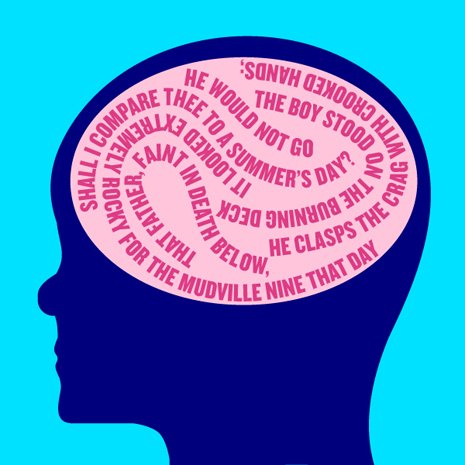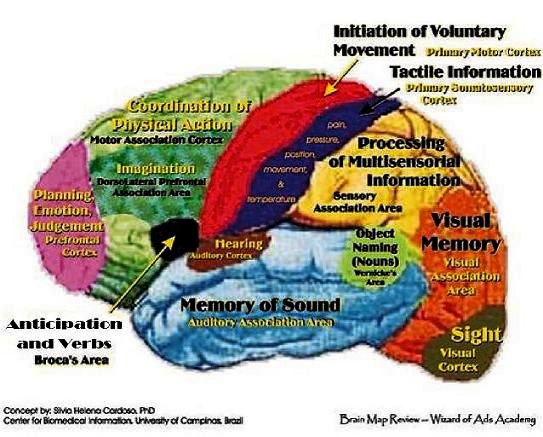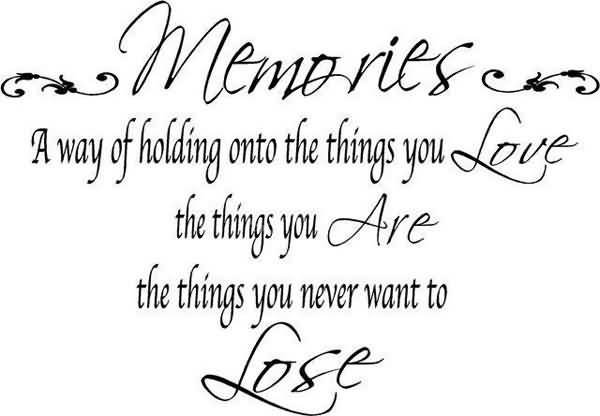Understanding the Law of Association
Understanding the Law of Association

Image Source
What is referred to in psychology as the Law of Association depends on the way that no thought exists in the brain aside from in association with different thoughts. This is not for the most part perceived, and the lion's share of people will question the law at first idea. Be that as it may, the presence and appearance of thoughts in the brain are administered by a mental law as perpetual and consistent as the physical law of gravitation.
Each thought has associations with different thoughts. Thoughts go in gatherings, and one gathering is associated with another gathering, et cetera, until at last every thought in one's brain is associated straightforwardly or in a roundabout way with each other thought.
Theoretically, in any event, it is conceivable regardless one thought in the psyche of a man, and after that step by step loosen up his whole supply of thoughts like the yarn on the ball.
Our contemplations continue as indicated by this law. We take a seat in a brown study and continue starting with one subject then onto the next, until the point that we can't recall any association between the primary idea and the last. Yet, each progression of the reverie was associated with the one going before and the one succeeding it. It is fascinating to follow back these associations.
Poe based one of his commended criminologist stories on this law. The reverie might be broken into by a sudden impression from outside, and we will then continue from that impression, associating it with something else as of now in our experience, and beginning another chain of grouping.
Frequently we neglect to follow the associations representing our thoughts, yet the chain is there all things considered. One may think about a past scene or experience with no clear reason. A little idea will demonstrate that something seen, or a couple of notes of a tune skimming to the ears, or the scent of a blossom, has provided the interfacing join between the past and the present.

Image Source
A recommendation of mignonette will review some past occasion in which the fragrance had an influence; somebody's cloth, maybe, conveyed a similar smell. Or, then again an old recognizable tune helps one to remember somebody, something, or some place before.
A commonplace element in the face of a passer-by will begin one thinking about another person who had that sort of a mouth, that formed nose, or that demeanor of the eye and away he will be off in a grouping of recalled experiences.
Frequently the beginning thought, or the interfacing joins, may show up yet faintly in cognizance; however rest guaranteed they are dependably there. Indeed, we much of the time acknowledge this law, unwittingly and without understanding its genuine presence.
For example, one makes a comment, and on the double we ponder, "How could he come to think about that?" and, on the off chance that we are quick, we may find what was in his psyche before he talked.
Classes of Association in Memory
Association of contiguity
Logical association
Association of contiguity is that type of association relying on the past association in time or space of thoughts which have been urged the psyche. For example, on the off chance that you met Mr. what's more, Mrs. Wetterhorn and were acquainted with them consistently, from that point you will normally recollect Mr. W. when you consider Mrs. W., and the other way around.

Image Source
You will actually recall Napoleon when you consider Wellington, or Benedict Arnold when you consider Major Andre, for a similar reason. You will likewise normally recall b and c when you think about a. In like manner, you will consider unique time when you consider dynamic space, of thunder when you consider lightning, of colic when you review green apples, of affection making and moonlight evenings when you consider school days.
Similarly we recall things which happened just earlier or soon after the occasion in our brain right now; of things close in space to the thing of which we are considering.
Logical association relies on the connection of resemblance or distinction between a few things thought of. Things in this way associated may have never come into the psyche at the same past time, nor are they fundamentally associated in time and space.
One may think about a book, and afterward continue by association to think about another book by a similar writer, or of another writer treating of a similar subject. Or, then again he may think about a book specifically restricted to the principal, the connection of particular contrast causing the associated thought. Logical association relies on inward relations, and not upon the external relations of time and space.
This innerness of connection between things not associated in space or time is found just by experience and instruction. The informed man acknowledges many purposes of connection between things that are thought by the uneducated man to be absolutely inconsequential. Astuteness and information comprise to a great extent in the acknowledgment of relations between things.

Image Source

Thanks for this story, it helps me too much!